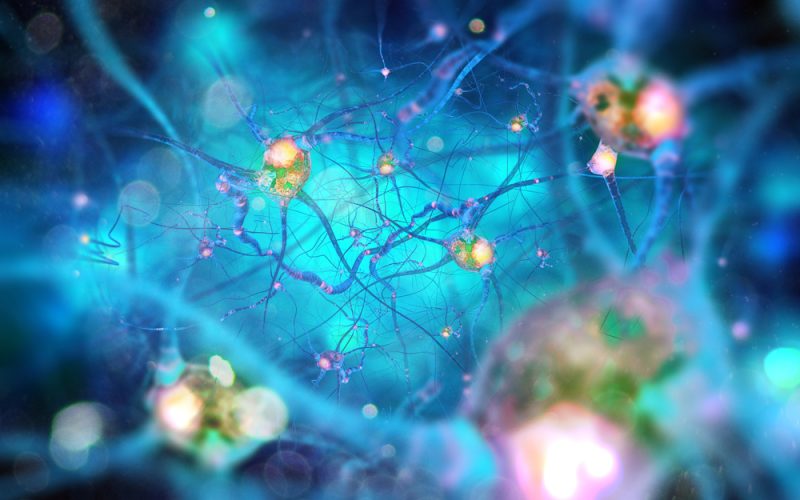Galyan Bio Plans to Start Clinical Testing of Oral Therapy in 2022
Written by |

Galyan Bio plans to initiate a clinical trial of a small molecules candidate that aims to slow the progression of Huntington’s disease next year, working in with Bicoll GmbH.
Galyan Bio is developing and optimizing small molecules as oral treatments of Huntington’s and other neurodegenerative disorders, which work by targeting disease-causing mutant proteins. Bicoll, a biopharmaceutical company based in Munich with expertise in small molecules, has worked with Galyan to support therapy development since 2019.
“This collaboration once again highlights the wide spectrum of areas where small molecules demonstrate their proven track record. Decades of experience of Bicoll’s synthetic and analytic team have enabled … a drug candidate for Galyan Bio,” Kai Lamottke, PhD, Bicoll’s managing director, said in a press release.
Huntington’s disease, a progressive neurodegenerative disease, results from mutations in the HTT gene that encodes the protein huntingtin (HTT), which plays an important role in nerve cell survival and function.
Although treatments are available to help patients manage symptoms that range from motor impairments to mood swings and mild cognitive difficulties, disease-modifying therapies do not yet exist.
Galyan’s candidate small molecule is reported to have significantly eased motor defects in a rodent model of Huntington’s disease. The company expects that its investigative treatment will help to slow Huntington’s progression in symptomatic patients, and could delay disease onset in pre-symptomatic people with mutations known to cause Huntington’s.
“Our team is delighted to have contributed to this set of new, patented compounds … We are looking forward to the outcome of the planned clinical trials,” Lamottke added.
Further preclinical tests into the mechanisms of these small molecules were conducted in collaboration with researchers in Germany.
Galyan Bio, based in California, was founded in 2019 by Marius Galyan, its CEO, a neurologist with a research focus on diseases of the central nervous system. Galyan discovered and is developing the small molecules that aim to lessen damage to nerve cells caused by the mutant huntingtin protein, which accumulates to toxic levels in patients.
“Bicoll’s continuous support towards integrated small molecule synthesis service enhanced the speed of compound screening rounds considerably … Bicoll’s support in addressing solubility and stability issues of our screening compounds brought us to this success,” Galyan said.


